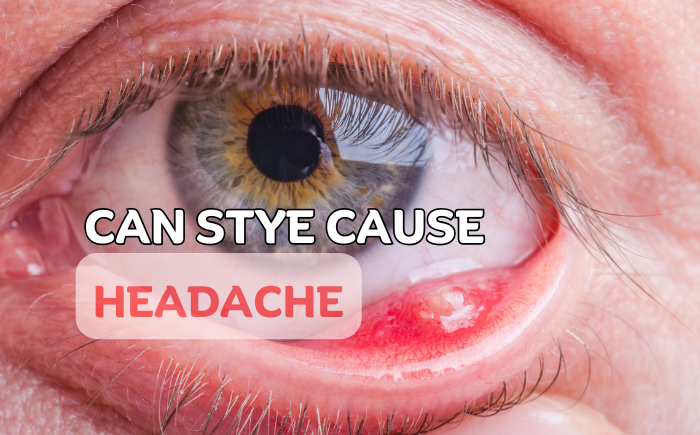What Happens if You Eat Cocaine?
Cocaine is one of the most abused illicit drugs worldwide. While cocaine is commonly smoked or snorted, some people may wonder – what happens if you eat cocaine instead?
Let’s explore the effects and dangers of consuming cocaine orally.
What Happens If You Eat Cocaine? Route Of Administration
The primary factor influencing how cocaine affects the body depends on how it enters the circulatory system. When cocaine is snorted or smoked, it is rapidly absorbed through the nasal tissues or lungs and enters the bloodstream very quickly. This results in a fast, intense “rush” that peaks within minutes.
However, when cocaine is swallowed and digested in the stomach, it is absorbed much more gradually through the intestines and liver. This causes the drug’s effects to be delayed, prolonged, and generally less intense than insufflation or smoking. It can take up to one hour for the full effects of oral cocaine to be felt, and the “high” lasts considerably longer, around one to three hours.
What to Expect from Eating Cocaine
If you choose to eat cocaine rather than insufflate or smoke it, here is a breakdown of what usually happens:
- Delayed Onset:
As mentioned, it can take 30-60 minutes for swallowed cocaine to take full effect compared to just a few minutes for insufflated or smoked cocaine. - Less Intense Rush:
Since cocaine is absorbed more slowly through digestion, the initial “rush” is usually not as intense as other routes of administration that bypass the liver. - Longer Duration:
However, the drug’s effects last significantly longer when taken orally, around 1-3 hours total compared to 15-30 minutes for insufflated cocaine. - Stimulant Effects:
Increased heart rate, blood pressure, feelings of euphoria, talkativeness, and decreased appetite are still experienced as cocaine reaches the brain. Paranoia and anxiety may also occur. - Nausea Possible:
Some people report nausea, vomiting, or gastrointestinal upset as cocaine travels through the stomach and intestines.
So in summary, eating cocaine results in a delayed yet extended period of stimulant effects rather than an immediate intense high. The overall experience is generally less powerful but lasts much longer.
Health Risks are Still Serious
While oral consumption avoids direct damage to nasal tissues, the health dangers associated with cocaine use remain present regardless of route taken. Some risks that can arise include:
- Cardiovascular issues:
Cocaine can cause increased blood pressure, irregular heartbeat, and even risk of heart attack or stroke. - Seizures:
There is a chance of suffering seizures due to overstimulation of the central nervous system. - Paranoia/Psychosis:
High doses increase the likelihood of temporary cocaine-induced psychosis featuring paranoia, hallucinations, and panic attacks. - Overdose:
It is still possible to overdose from too much cocaine in the system. Symptoms involve convulsions, breathing difficulties, and loss of consciousness. - Liver Damage:
Swallowed cocaine passes through the liver, potentially causing damage and impacting organ function over long-term heavy use.
Therefore, no matter if cocaine powder is snorted, smoked, or eaten, it remains an extremely dangerous and toxic drug that should never be used due to serious health risks and addictive properties.
Why Cocaine is Best Avoided Completely
In summary, while eating cocaine produces a different experience than insufflation or smoking due to slower intestinal absorption, all forms of taking this drug carry too many serious health dangers to be worth the risks in any way.
Some key conclusions are:
- Cocaine overstimulates the nervous system and can cause detrimental cardiovascular effects, seizures, psychosis, overdose and death.
- Oral consumption results in a delayed yet prolonged high unlike insufflation, with added chance of nausea and unknown potency/purity levels compared to snorted powder.
- Additional hazards like comedown symptoms, drug interactions and liver damage exist specifically from eating the drug.
- Cocaine is extremely addictive both psychologically and physically; eating it introduces risks of dependency and compulsive use disorder.
For these serious health, safety and addiction concerns, experts agree cocaine should never be consumed in any way by casual users seeking a high. While certain forms may deliver a subjective experience differently, no route of intake makes taking this drug safely possible or recommended.
Overall, cocaine poses too many life-threatening dangers to be worth the risks of use for any individual.
The Scientific Marvels of Ginger Lemon Garlic Drink
Overall Verdict
In closing, we’ve explored how eating cocaine differs from snorting and smoking by producing a delayed yet prolonged high due to slower absorption through the digestive tract.
However, no matter the method, cocaine profoundly stimulates the nervous system and poses grave risks like cardiovascular problems, seizures, psychosis, lethal overdose and addiction.
Chewing and swallowing the drug introduces additional potential hazards versus insufflation alone.
For these critical safety concerns, cocaine remains an extremely toxic and dangerous substance that is best avoided completely rather than consumed orally or by any other means seeking a euphoric experience.
Overall, the risks far outweigh any rewards or perceived benefits of using this notoriously destructive and addictive drug in any form.
Note: The information provided in this article is based on research and general knowledge about cocaine. It is always advisable to consult with healthcare professionals or registered dietitians for personalized dietary advice and guidance regarding specific dietary restrictions or conditions.







